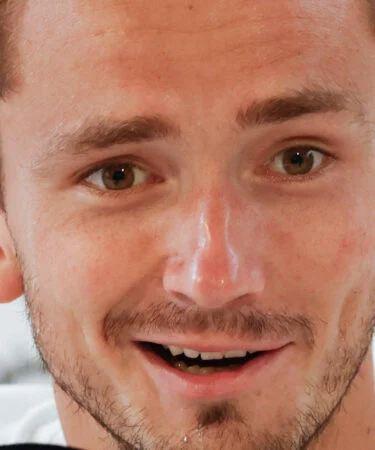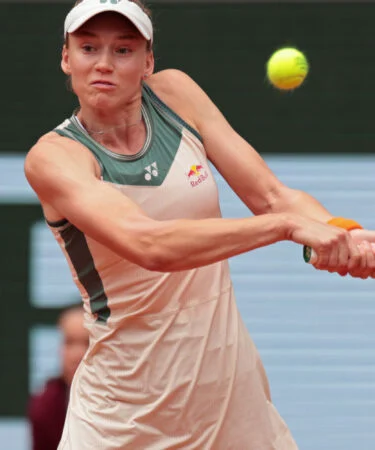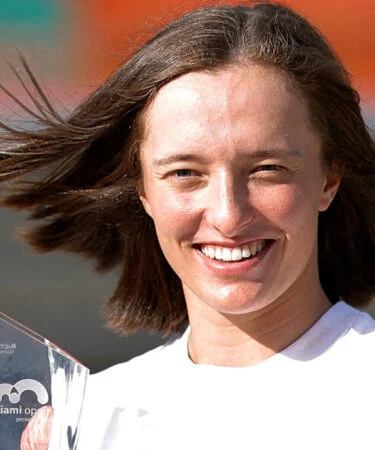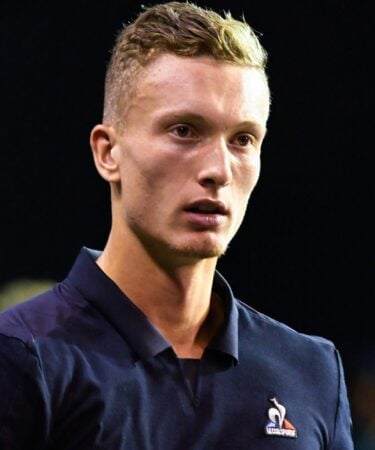“Physically easier, mentally tougher” – Players divided over expanded Madrid and Rome schedule
With Madrid and Rome expanding to two weeks this year, the reactions from players have been mixed
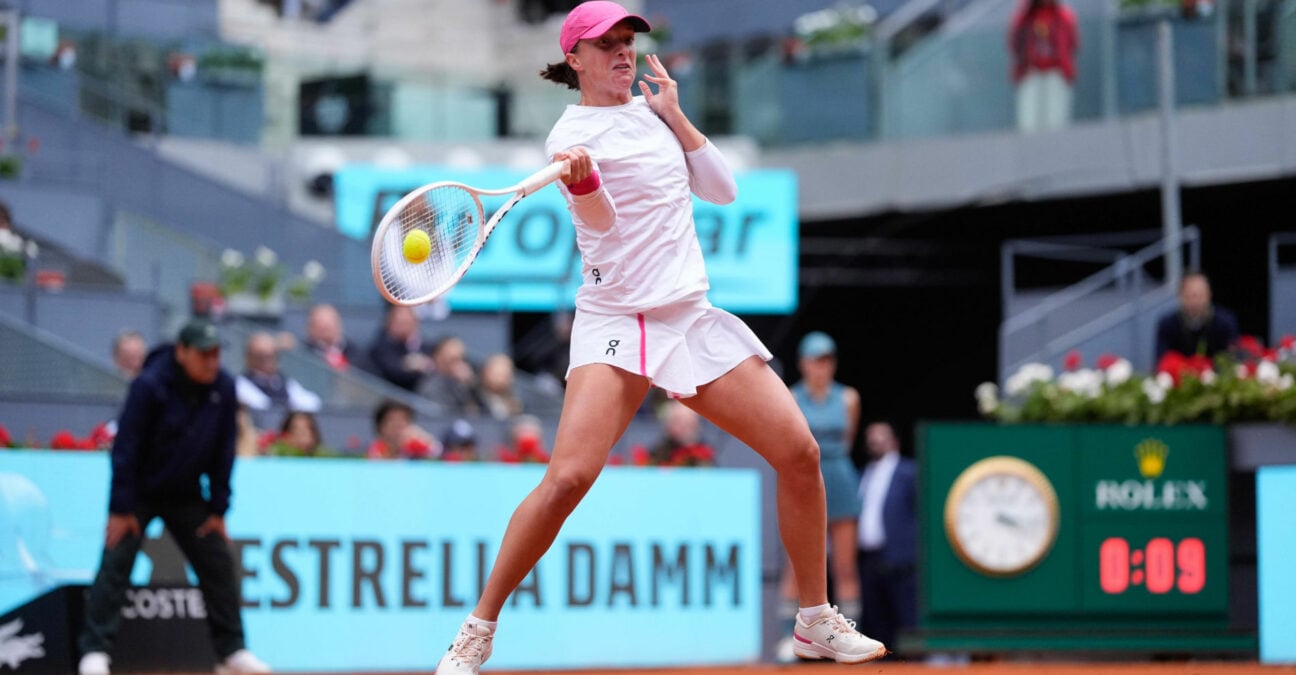 Iga Swiatek, Madrid 2024
Iga Swiatek, Madrid 2024
The expanded schedule of the Madrid Open and Italian Open events has been a hot topic in the tennis world over the past fortnight as Madrid comes down to its final weekend and the kickoff to Rome being only a few days away.
While the first week in Madrid has seen more action, with draws being expanded to 96 players each on the men’s and women’s side, the second week of the tournament has seen lesser matches. That issue was even more exacerbated in Madrid on Thursday when Jannik Sinner pulled out of his quarter-final against Felix Auger-Aliassime and Daniil Medvedev retired after just one set of his quarter-final against Jiri Lehecka.
Judy Murray, the mother of Grand Slam champions Andy Murray and Jamie Murray, is among those who are finding the new schedule too long. “I loved Madrid and Rome when they were regular events. Now they are zzzz. Too long, hard to follow and likely to cause injury risk to the top players pre RG,” she tweeted this week.
..Mentally it’s a bit tougher, because you need to stay focused for two weeks, not only one week.
Andrey Rublev
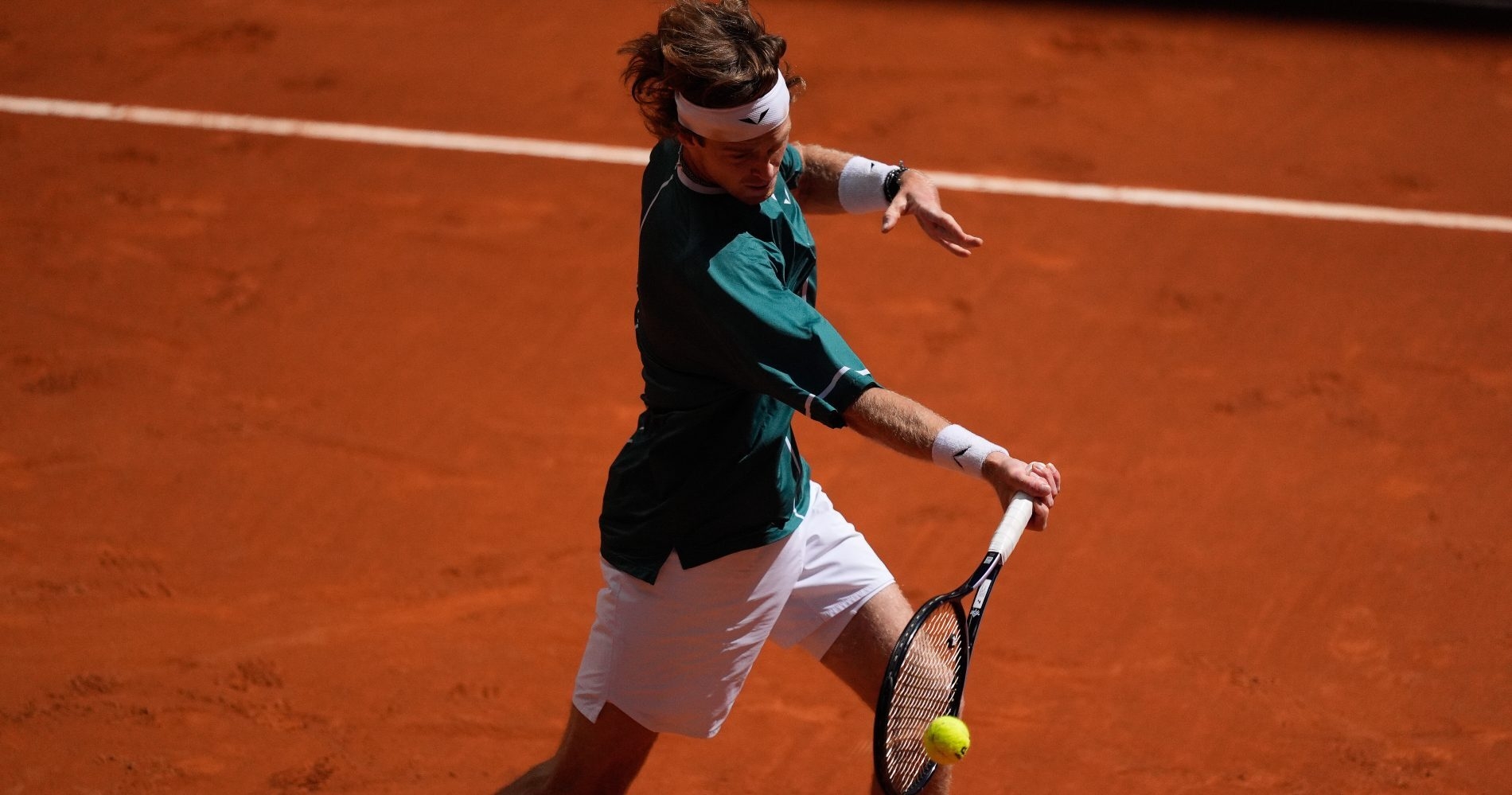
The players, themselves, have a mixed opinion about the issue as Andrey Rublev, who takes on Felix Auger-Aliassime in Sunday’s men’s final, shared his thoughts on the issue.
“Tough question, because there is some things that I feel good about, some things I feel not good about,” the Russian said. “For example, I feel good about that now I have one day rest. I can recover a bit. I can recover physically a bit and be more ready for Sunday. Then of course mentally it’s a bit tougher, because you need to stay focused for two weeks, not only one week. So mentally maybe you get a bit more, by the end of two weeks, you get a bit more exhausted than if you play one-week event.”
Women’s world No 1 Iga Swiatek, who takes on world No 2 Aryna Sabalenka in the women’s final on Saturday, is also divided between the pros and cons.
“Honestly, it’s hard to say, because I can sympathize with both these opinions,” the Pole said. “There are for sure times where it feels like we are having these days off and it would be nice to finish earlier. When we have, for example, like a week off before a Grand Slam, then maybe we can have some longer time and come back home for a bit. But yeah, we are in that kind of situation on tour where we are going to be leaving home for, like, more than two, three months, and we need to kind of adjust to that.
“On the other hand, it really helps when you have a day off to, like, be ready physically for the next match, so I would say physically it’s kind of easier to recover during the tournaments, but mentally you need to be ready for these long tournaments without having really days off, because even when we have a day off, we usually come here and practice and we see courts, we see these faces, you know, eat the same food. So it’s not like you can totally switch off. So, yeah, on one hand it’s easier physically, but on the other hand mentally sometimes it’s tough.”
.. To make these tournaments like Madrid and Rome also long, and then you have French Open, it’s kind of big events.
Elena Rybakina
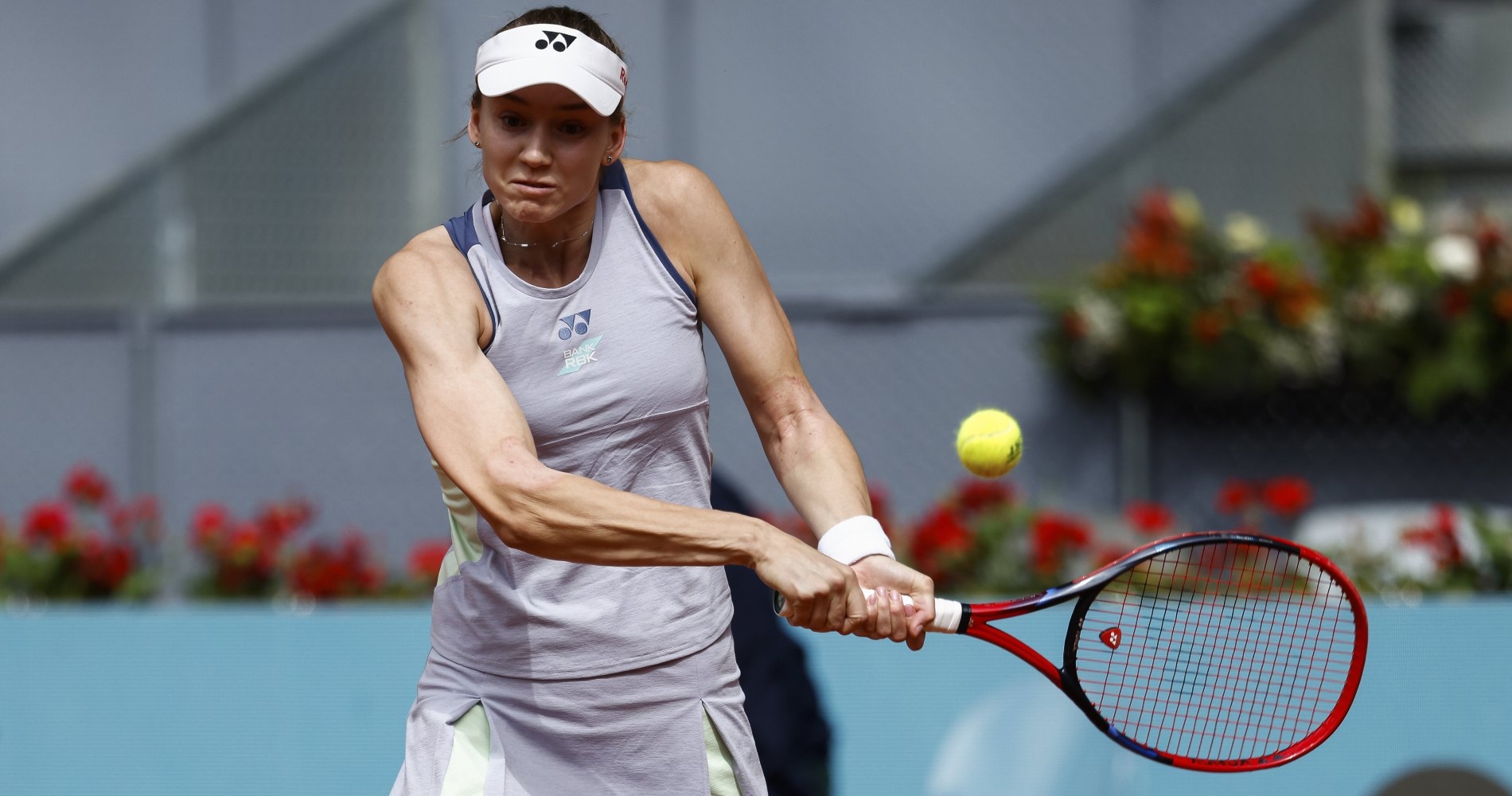
Elena Rybakina, one of Swiatek’s biggest rivals on the WTA Tour at the moment and a semi-finalist in Madrid where she went down to Sabalenka, is not a fan of the expanded schedule, however.
“I think like it was before if we have two weeks’ tournament, Indian Wells, Miami, it’s fine, but to make these tournaments like Madrid and Rome also long, and then you have French Open, it’s kind of big events,” the Kazakh said. “With the new rule of change, we have a lot of mandatory stuff where you cannot really choose and pick what you want to play, because, at some point it’s fair enough that people choose what they want to play or not, because if the tour is good for everyone, then people will want to play.”
“But now we kind of in a opposite direction where we have to, because everyone is chasing ranking and everyone is chasing some points and so on. But if it would be open for everyone, then it’s kind of fair enough. You want to play, you play. If you don’t want to play, you don’t play. So I think there is a lot to improve in the tour, and I spoke a lot last year. I honestly don’t have much energy to fight through and say my opinion anymore, because it’s not that easy to change something. I feel like I’m wasting more energy trying to do something different or to talk with the people.”
Medvedev is among those who likes the new schedule, saying that the rest days should ideally mean lesser injuries for the players, even though the men’s draw in Madrid this week has not been the best example of that.
“I think by logic should be the opposite, because you have days off and stuff like this, and me personally, I like this two-week format. It’s one-and-a-half. I like it for, let’s call it personal reasons, I like when there is a day off,” the Russian said. “I like that it brings more importance, in my opinion, because then you kind of know if want to do well on tour, you kind of have to play these Masters, and the other tournaments, you have to choose wisely, because if you play good on two-weeks’ Masters, there is not many weeks where you can add the tournaments. So me personally, I like it, and I don’t think injuries would come from this format.”
It’s not easy to be away from home for four weeks…
Jiri Lehecka
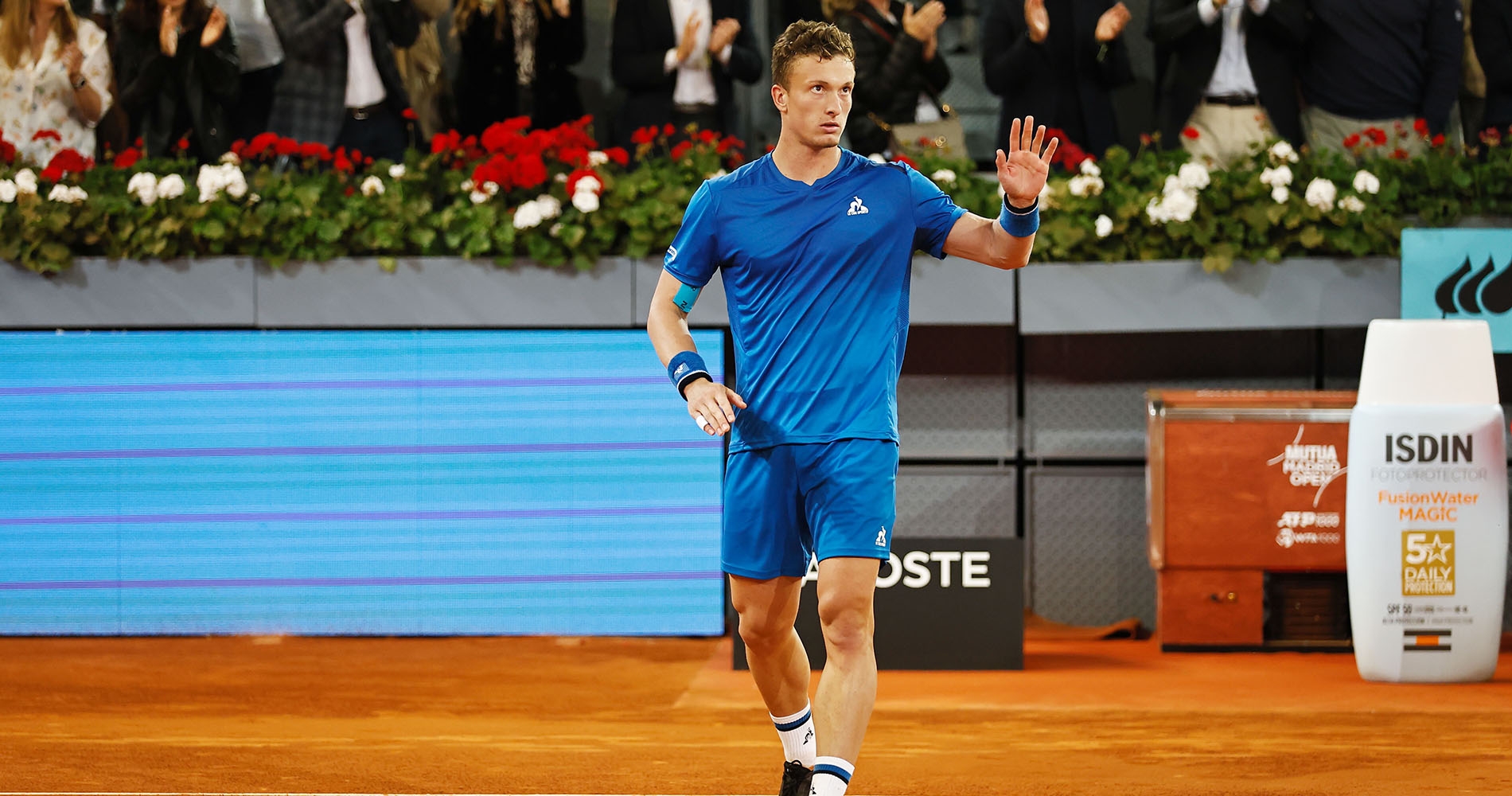
For the newer generation, like 22-year-old Jiri Lehecka, who reached his first Masters semi-final this fortnight in Madrid, the experience of playing one-week Masters events has not been deeply ingrained just yet.
“For me, I’m still in the position where I didn’t really play many one-week tournaments. Last year was the first year of my career where I played the full ATP schedule on tour. I played all Masters 1000 events. I’m still trying to find what is good for me, where I feel good, and this is something which is for sure long. It’s not easy to be away from home for four weeks if you are, let’s say, playing well somewhere, let’s say here and then you need to go directly to Rome, or if you are in the States you are competing well in Indian Wells and then you need to stay there for Miami Open, it’s not easy, you know, to be on these tournaments for such a long time. But it’s part of the game, you know. Whoever is going through these moments better, who is doing better, and who is feeling more confident about staying away from home, then these are the players who are most successful. So that’s probably it.”
With more Masters events lined up to expand for two weeks next year, the new format looks here to stay for a while at least and the players will not have much choice but to adjust.






